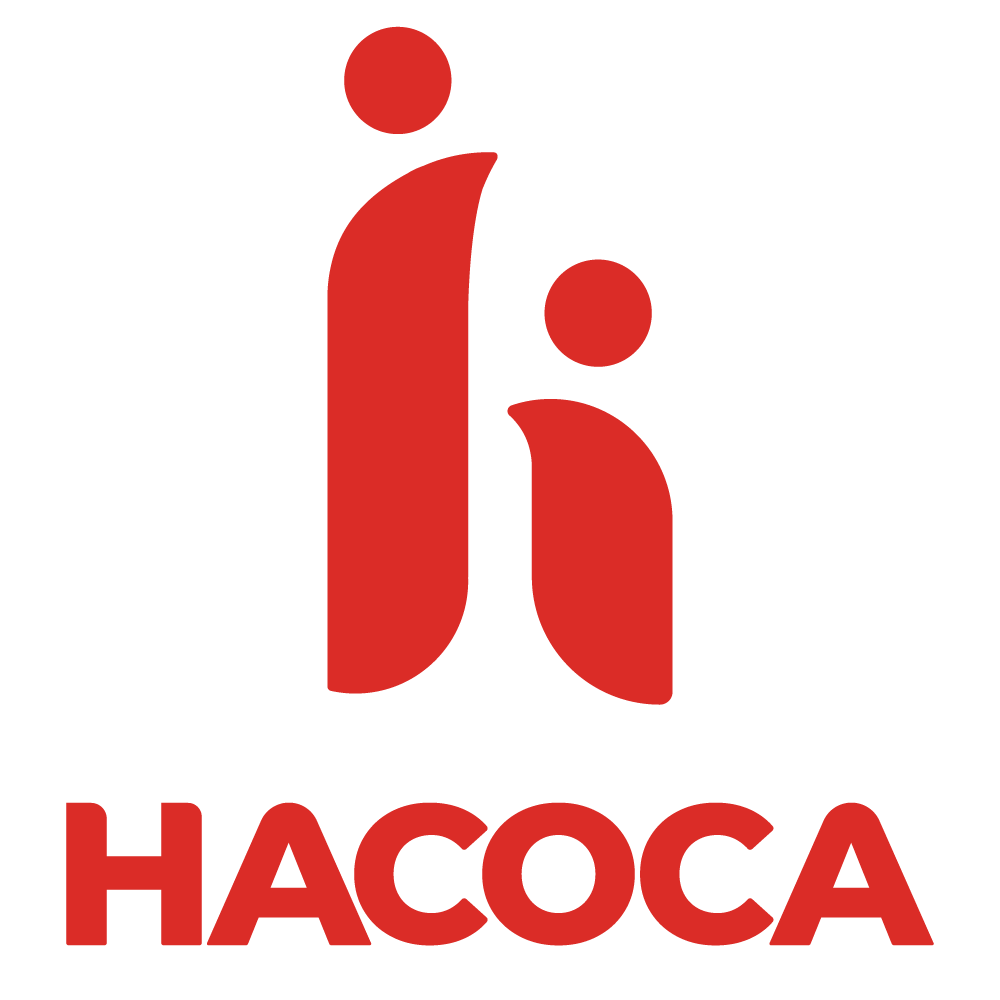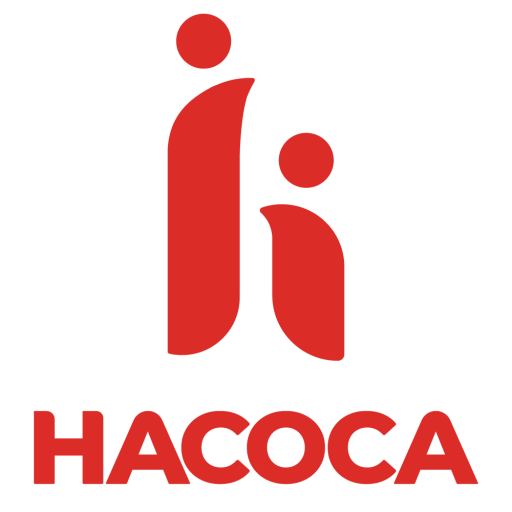Champion Project
This project’s objective is to engage 25,340 people in Morogoro Municipal, Mvomero, and Kilosa districts in discussions and activities that promote gender equity and reduce HIV transmission.
Project Overview
The CHAMPION Project—Channeling Men’s Positive Involvement in the National HIV/AIDS Response—was a six-year initiative led by EngenderHealth and funded by the United States Agency for International Development (USAID) through the United States President’s Emergency Plan for AIDS Relief (PEPFAR). Implemented in partnership with FHI 360 and in close collaboration with national, regional, and district-level government agencies, as well as local nongovernmental organization (LNGO) partners, the project operated across 50 districts in 20 regions in Tanzania, with a special focus on 14 key urban districts characterized by high rates of HIV and gender-based violence (GBV).
In Morogoro, the CHAMPION Project was implemented by HACOCA in Morogoro Municipal Council, Kilosa District Council, and Morogoro District Council. The project worked to increase men’s involvement in the national HIV/AIDS response by promoting positive behavior change and addressing gender norms that contribute to the spread of HIV and GBV. In addition, CHAMPION collaborated with the Millennium Challenge Corporation/Millennium Challenge Account—Tanzania (MCC/MCA-T) to implement a workplace HIV program targeting temporary construction projects employing short-term mobile workers. The project also supported a PEPFAR initiative to scale up the national response to GBV, contributing to a comprehensive and impactful intervention across the targeted regions. Through these efforts, CHAMPION played a critical role in strengthening community health and promoting gender equality, particularly in areas with high HIV prevalence and GBV incidents.
Project Achievement
In Morogoro, the CHAMPION Project, implemented by HACOCA across Morogoro Municipal Council, Kilosa District Council, and Morogoro District Council, achieved remarkable success by directly engaging 67,201 individuals, including approximately 12,728 men and 54,473 women. The project effectively promoted positive behavior change among men, challenging harmful gender norms that contribute to the spread of HIV and gender-based violence (GBV). Through a comprehensive approach that included community dialogues, workplace HIV programs in collaboration with the Millennium Challenge Corporation/Millennium Challenge Account—Tanzania (MCC/MCA-T), and support for the national GBV response through PEPFAR, the project ensured that both men and women in these districts were educated and linked to essential health services. This extensive outreach not only strengthened the community’s response to HIV and GBV but also fostered greater gender equality and improved overall health outcomes in Morogoro.

